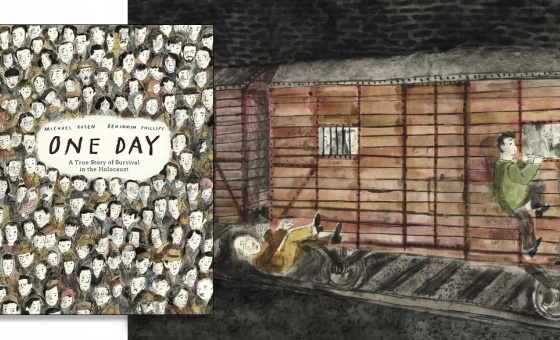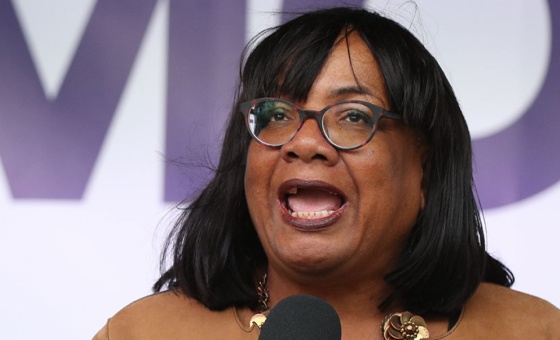This is the last article you can read this month
You can read more article this month
You can read more articles this month
Sorry your limit is up for this month
Reset on:
Please help support the Morning Star by subscribing here
THE death toll from the recent massive earthquake in Myanmar rose to 3,455, state media reported at the weekend.
This came as United Nations agencies and foreign aid donors ramped up emergency relief efforts.
The 7.7 magnitude quake hit a wide swathe of the country on March 28, causing significant damage to six regions and states including the capital Naypyitaw.
The earthquake left many areas without power, landline telephone or mobile phone connections and damaged roads and bridges, making the full extent of the devastation hard to assess.
It also worsened an already dire humanitarian crisis triggered by Myanmar’s civil war, which has internally displaced more than three million people and left nearly 20 million in need, according to the UN.
The military government’s leader, Senior General Min Aung Hlaing, told cabinet members on Saturday that the quake’s death toll had reached 3,455, with 4,840 injured and 214 missing, according to a report on state television MRTV.
Members of the UN security council “recognised the need to strengthen rescue, relief and recovery efforts and to scale up immediate and rapid humanitarian assistance in response to the requests to help the people of Myanmar, supported by the international community,” council president Jerome Bonnafont said in a press statement on Friday.
The French diplomat’s statement said that council members had “affirmed the importance of a safe and conducive environment to ensure the timely and effective delivery of lifesaving humanitarian assistance to all those in need, without disruption or discrimination.”
According to local media, Vice Senior General Soe Win, vice-chairman of the ruling military council, said that any international organisations coming to Myanmar to provide assistance were required to seek prior permission from the authorities and their efforts would be permitted only when they co-operate with relevant officials.
The military and several key armed resistance groups have declared temporary ceasefires, but they have also accused each other of violations.









